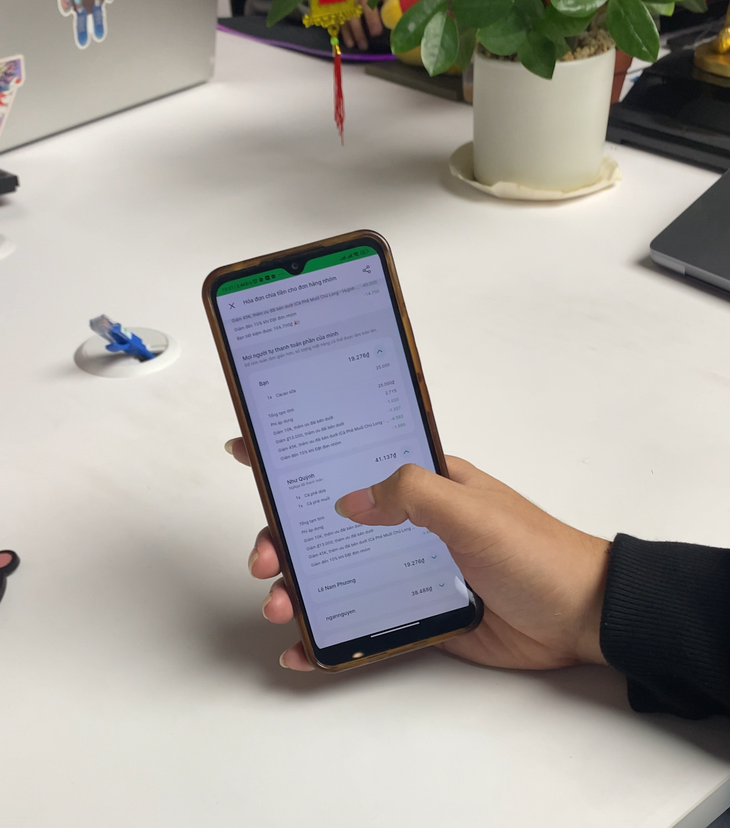
Smart invoices make cost sharing more transparent - Photo: SONG TRI
More than just an electronic invoice, a smart invoice is integrated with AI, automation and the ability to connect with tax authorities, banks and customs. Each invoice is now a 'smart piece' in the national financial ecosystem.
Why are smart invoices on the rise?
In the context of an increasingly digital economy , Vietnam's tax authorities are shifting towards real-time data management, reducing dependence on manual labor while enhancing fraud monitoring and control capabilities.
Digital infrastructure is also ready: the National Data Center connects the tax, banking, and customs sectors, along with domestic technology companies launching a series of AI-integrated solutions at optimal costs for businesses. Consumers are increasingly accustomed to 'clicking and receiving' invoices immediately after transactions.
From June 1, 2025, a new milestone will be set when a series of retail, service, restaurant businesses... are required to apply electronic invoices from cash registers that are directly connected to tax authorities. Not only does this regulation make the sales process transparent, it is also a strong step in the real-time tax management revolution.
The Comprehensive Value of Smart Invoices
In big cities like Ho Chi Minh City, Hanoi , Da Nang, Can Tho or Hai Phong - where commercial transactions take place bustlingly every day, smart invoices have become an indispensable tool.
Enterprises in the fields of trade, services, logistics, transportation, retail chains, etc. are 'pioneers', with strong support from accounting software and financial technology solutions.
When a business issues an invoice, the AI system will automatically perform many tasks to ensure accuracy and efficiency in processing. First, the invoice data will be sent immediately to the tax authority via API or connected to a smart cash register.
At the same time, AI analyzes and checks for common errors such as incorrect tax codes, duplicate information, or unusual values. In case of detecting signs of risk, the system will suggest appropriate adjustments for businesses to handle promptly.
In addition, all invoices are also stored and classified in a logical and scientific manner, making searching and management easier and more transparent, such as:
- Businesses save printing and storage costs and avoid human errors.
- Consumers receive instant invoices via email or app, convenient for reconciliation and protection of rights.
- Tax authorities can easily monitor and retrieve accurate and timely data, contributing to preventing revenue loss and fraud.
- Society benefits from reducing printing paper, protecting the environment, and building a civilized and responsible consumer culture.
For example, Mr. Quoc Thai (Go Vap District, Ho Chi Minh City) just completed an order via GrabFood, just a few seconds later, an automatic email from Grab was sent with an attached electronic invoice. The invoice clearly stated the restaurant name, tax code, dish details, delivery fee and VAT.
It is worth noting that all invoice data was simultaneously transferred to the tax authority system without manual operations. From a daily transaction, smart invoices have helped both consumers and businesses to fully digitalize and transparently digitize the payment process.
Invoices are no longer lifeless 'pieces of paper'
In an era where every line of data carries strategic value, invoices are not only proof of financial transactions, but also a tool that reflects a business's transparency, professionalism and commitment to the market.
Applying smart invoices is a real 'shift' not only to comply with the law, but also to improve governance and increase trust with partners, customers and the community.
Source: https://tuoitre.vn/thanh-toan-de-dang-minh-bach-hon-voi-hoa-don-thong-minh-20250609094247892.htm










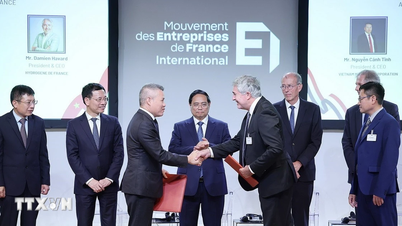




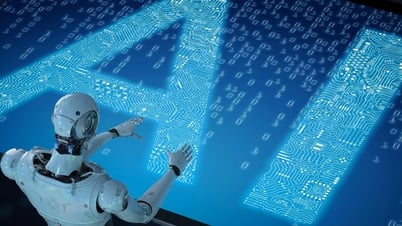





























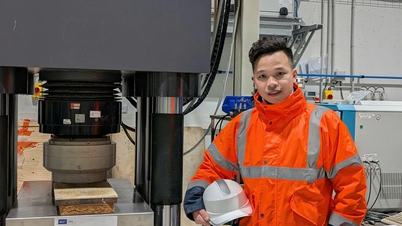


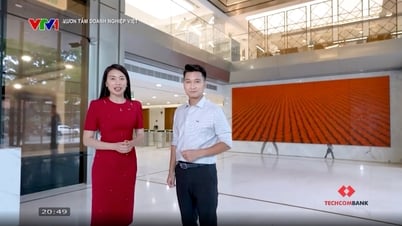


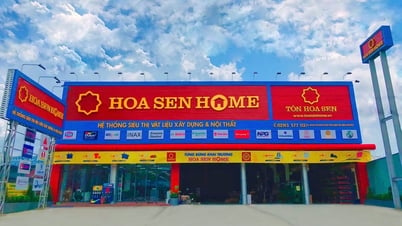

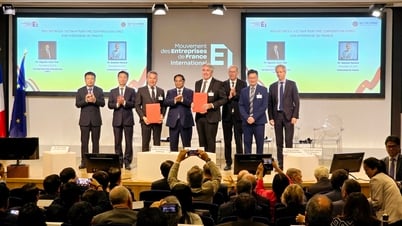














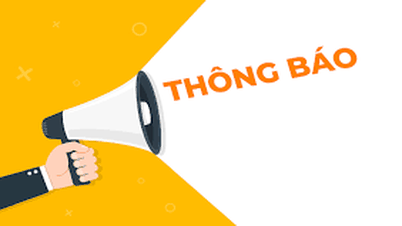



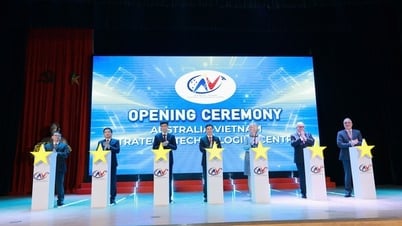






















Comment (0)